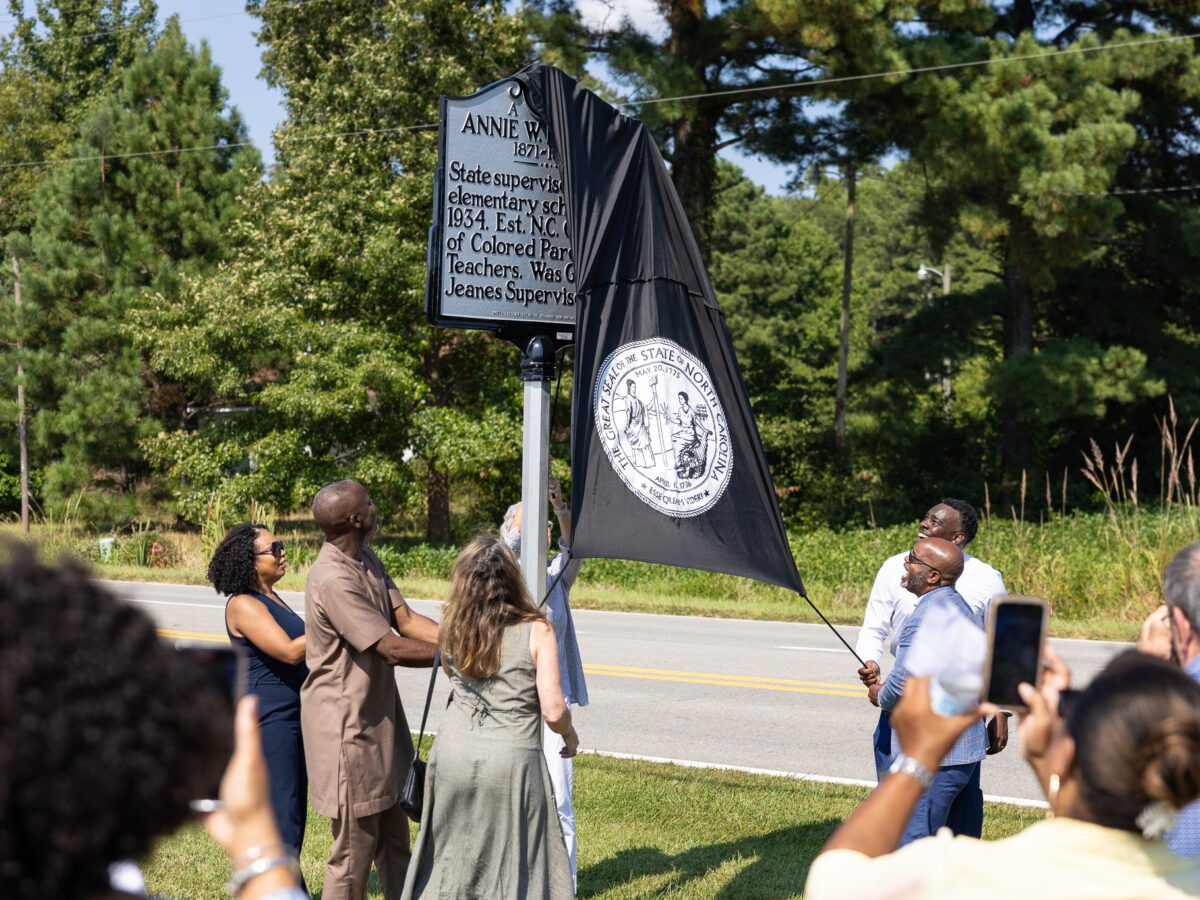
Community members gathered at T.S. Cooper Elementary School last month to honor Annie Wealthy Holland, an educator whose work shaped Black schools in North Carolina during the Jim Crow era.
The community festival was organized by the Center for Racial Equity in Education (CREED) as part of its Jeanes Arts + Education (JAE) Initiative. The initiative honors the legacy of Jeanes Teachers — Black women educators who served as community organizers from 1907 to 1968, raising funds, rallying parents, and supporting schools during segregation.
By highlighting educators like Annie Wealthy Holland, CREED’s JAE Initiative uses history, arts, and education to show how Black communities built and sustained schools against the odds.
![]() Sign up for the EdWeekly, a Friday roundup of the most important education news of the week.
Sign up for the EdWeekly, a Friday roundup of the most important education news of the week.
Born in 1871, Annie Wealthy Holland became one of North Carolina’s most influential educators. She founded the North Carolina Congress of Colored Parents and Teachers, creating the first parent-teacher association for African Americans in the state.
Holland spent decades traveling across North Carolina, training teachers and strengthening Black schools.
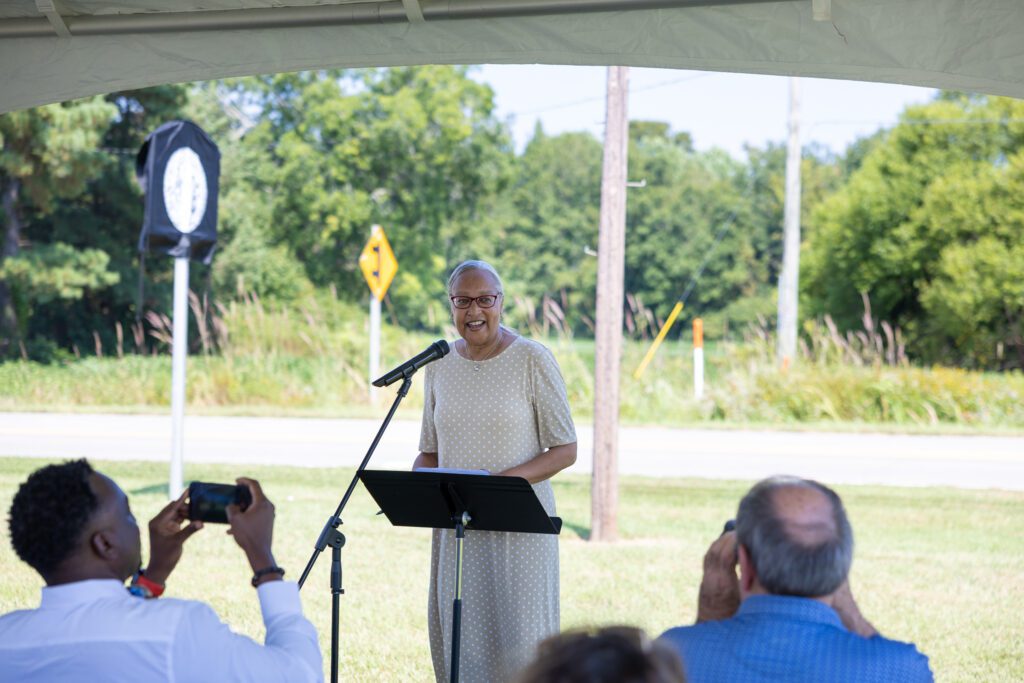
During the marker unveiling ceremony on Sept. 6, the keynote was delivered by Dr. Valinda Littlefield, a retired history professor who has done extensive research on Holland’s impact on the state. Littlefield said Holland’s most lasting contribution was “providing educational access to the masses.”
She built the foundation. Expanding schools, raising funds, and even hiring nurses so that Black communities could be healthier, stronger, and better prepared for what’s next.
Her work was not just about schools. It impacted economics, health care, and community life. The base she created was crucial because before people can be voters or activists, their basic needs have to be met.
— Dr. Valinda Littlefield
Local and state officials attended the program in Sunbury, including Rep. Rodney D. Pierce, D-Halifax, who applied for the marker.
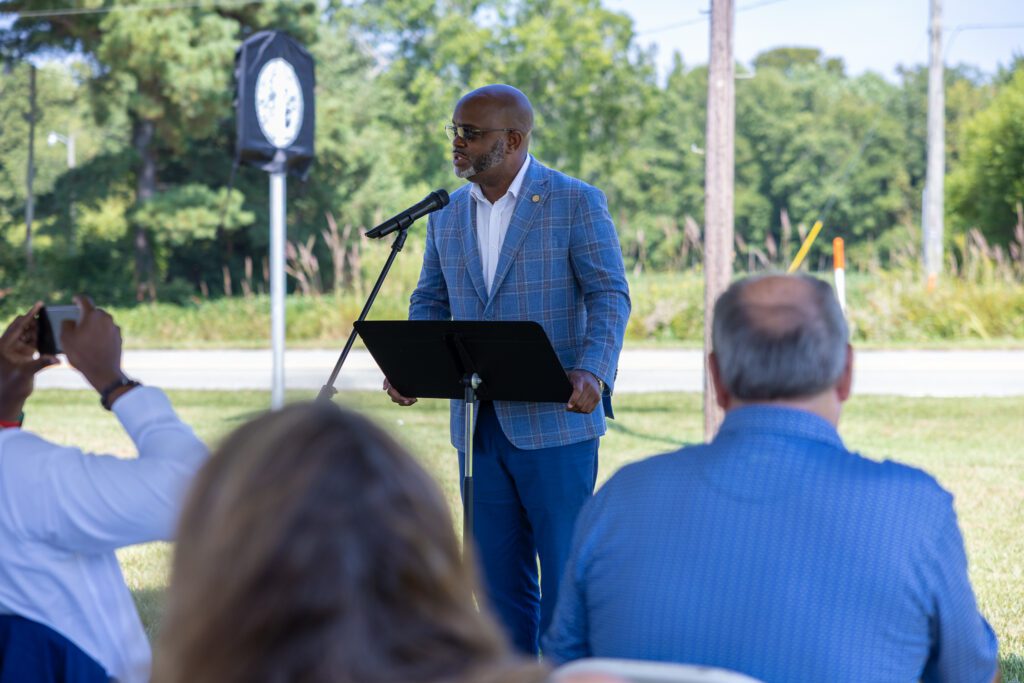
Pierce said that when he first came across Annie Wealthy Holland’s story, he immediately recognized its importance.
“By that time, I knew how these marker applications worked, and I knew her story needed to be remembered in public,” he said.
For Pierce, this work started years ago as a middle school social studies teacher in Halifax County. After learning about Louis Austin, a Black newspaper editor from nearby Enfield, he applied for his first marker. On dedication day, he recalled numerous people showing up to celebrate.
Since 2018, he has successfully applied for 10 historical markers, including nine in North Carolina and one in Virginia.
“Once you get that feeling, it’s hard to let it go. It can become addictive,” Pierce said. “Because at the end of the day, you’re not doing it for you, you’re doing it for the community.”
At 2 p.m. in Sunbury, the newest marker was unveiled, officially inscribing Holland’s name into the history of the community.
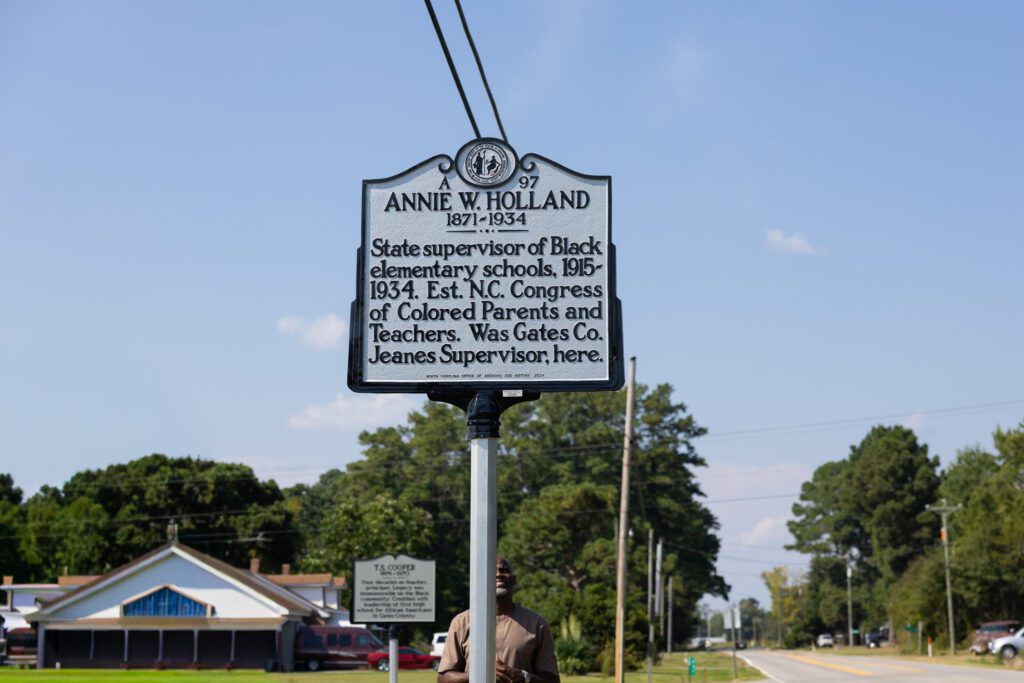
Holland’s lasting impact
Holland was part of the first generation of Jeanes Teachers in the early 1900s. These women supervised many rural schools, acting as the “Black superintendents” during segregated education.
Littlefield said that recognizing Holland helps correct the male-heavy version of history.
“Acknowledging women like her gives us a fuller, more accurate picture of who built and sustained our communities,” she said.
Holland went on to become the statewide Jeanes supervisor, guiding teachers while raising money for higher education.
In addition to the historical marker, Holland’s name still appears in other places across the state. At North Carolina Agricultural and Technical State University, for example, students live in Holland Hall and gather at Holland Bowl for campus events, games, and picnics.
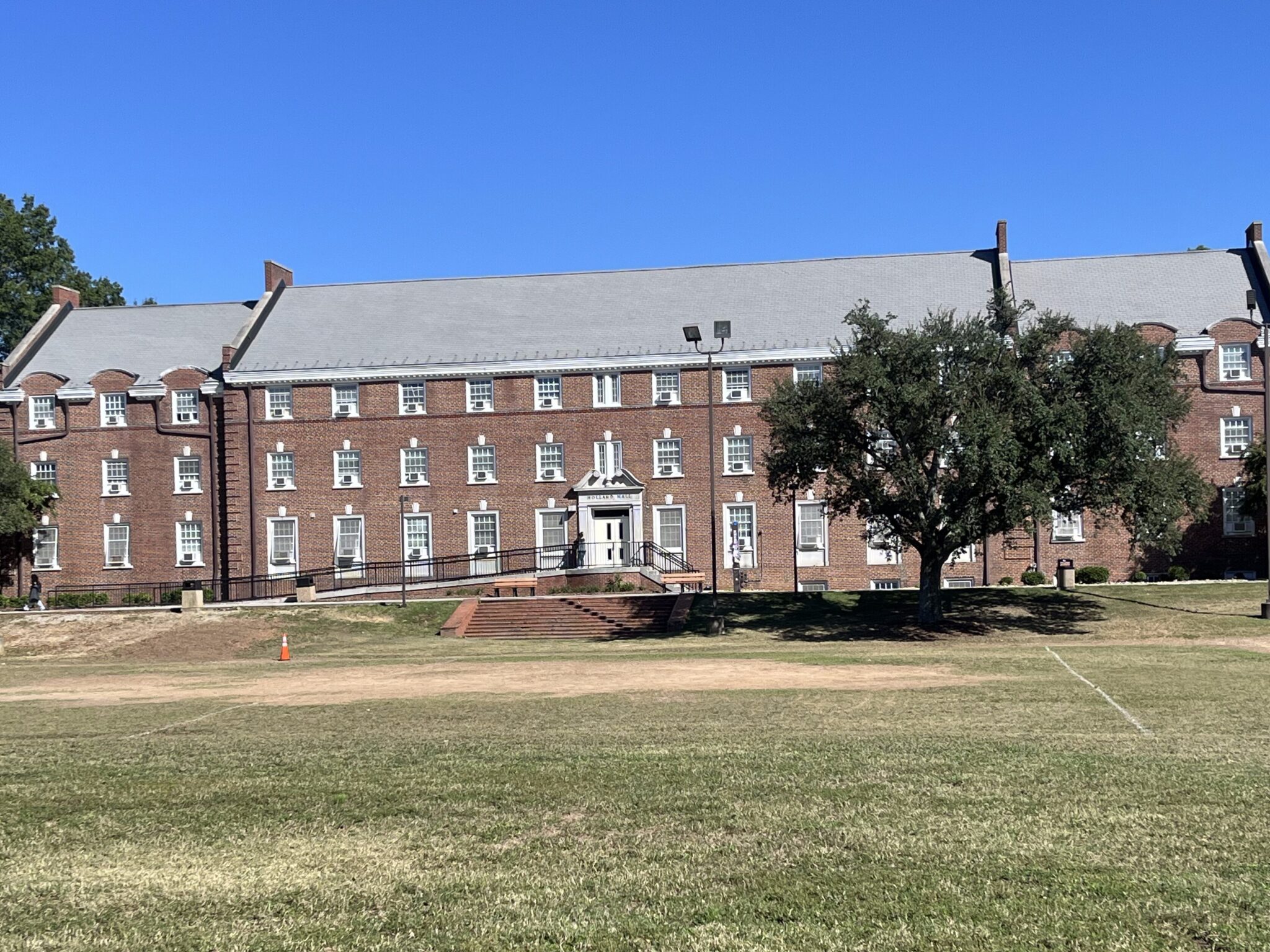
While many people may not know the full story behind the name, the marker in Sunbury reaffirms how significant Holland’s legacy really is. That gap between names and legacies, Pierce said, is why public markers matter.
When you grow up in a place that’s poor and Black, you wonder if people here ever resisted or organized. Markers show the next generation that yes, people did, and they can too.
— Rep. Rodney Pierce
With current debates over what gets taught in classrooms, Holland’s focus on parent-teacher collaboration and equity feels more important than ever.
Pierce, who helped write North Carolina’s current social studies standards, shared that “we have to make an intentional effort to make the curriculum inclusive, equitable, and diverse. History is living and breathing. It’s not just the past.”
Recommended reading



